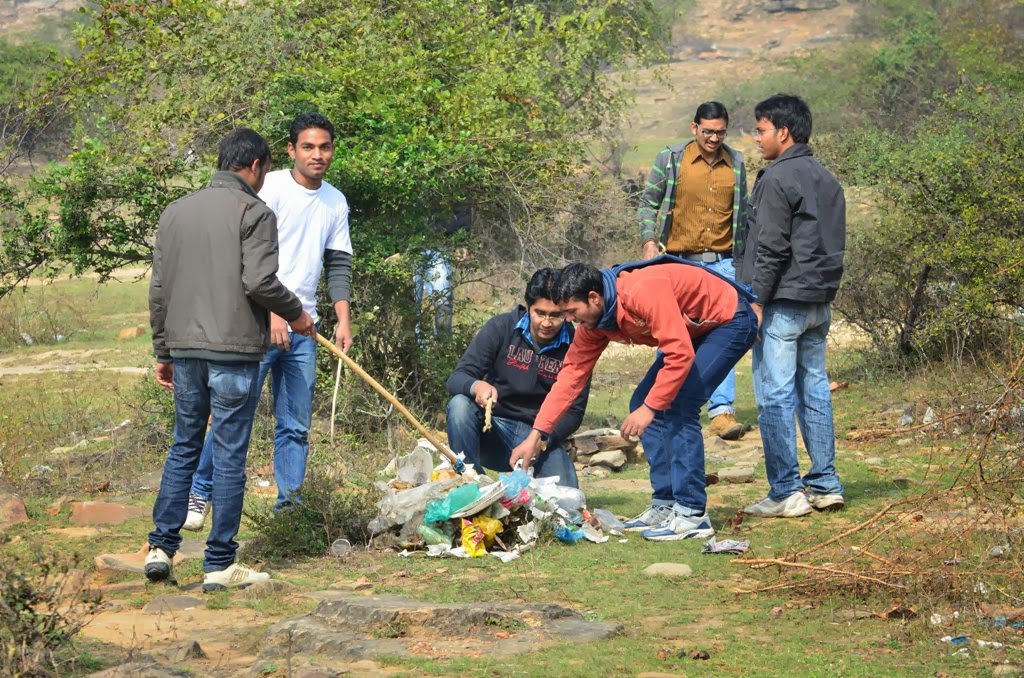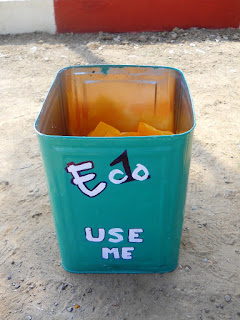The
Second campus of BHU situated at Barkachha, Mirzapur district in UP. Our campus
is basically a table land which is being used to do research work in
agriculture. It was established by BHU with the vision of making an agriculture
institution for helping the society with their work, expertise and knowledge, a
symbiotic relationship between the farmers of Mirzapur and the scientific
think-thanks. An exchange of scientific knowledge and age-old experiences
regarding farming is nurtured in this campus.
Although agriculture is the main
priority here, RGSC has got so many other departments running, which includes BNYS,
Mass. comm., Pharmacy, B.Com. etc which also includes our M.Sc. (Tech) in
environmental science and technology. This campus is a world in its own and
being a student of environmental science this campus is a paradise for me since
it is situated in the foothills of vindhya mountain range the intermingling
or coherence of nature with human civilization is very inspiring. Our campus
and nature grows simultaneous, side by side.
The terrain of Barkachha is rocky and
uneven so most of the vegetation is wild. Mirzapur is also a great tourist spot
which has got as many as six falls, in very near vicinity which are uniquely
beautiful in themselves scenic beauty in each of this places is
enthralling which fills our heart with
immense joy and pleasure in every season. Our campus is too,full of scenic
beauty which resembles a gurukul.
At first, farming this place was not
possible due to its rocky terrain and soil structure but now due to BHU’s
initiative we have got six hundred acres of farm land which facilitates in
research works for agricultural and biotechnological purposes and all of its
credit goes to an excellent watershed management system of Rajiv Gandhi South
Campus, BHU.
Now there are few issues in this
campus which needs to addressed for example:-
1. Afforestation
to be done for more cleanliness and beautification. For this purpose the ideal
example can be the BHU main campus situated in Varanasi.
2. Proper
waste management should be done, most importantly which includes installing USE ME’s
dustbins and proper dumping sites.
3. Since
RGSC is a system in itself, practices to produce bio fertilizers can be made
from biodegradable waste that are released from the hostel , admin building,
health centre, and lecture theatre. The non-biodegradable waste can be
accumulated and sent to organisations which works on recycling of wastes
(plastic bags and other plastic products).
4. Awareness
in people regarding disposal of waste, resourceful use of water and developing
an eco-friendly attitude in all students, faculties, officials and workers who
are associated with this campus.
5. Finally
removal of high tension wires and providing transportation facilities(e.g
cycles) to students should be done immediately.
These
are a few points which according to me, if implemented can make this campus an
example in itself for whole of India.






















+by+Eco+One+(11).JPG)

